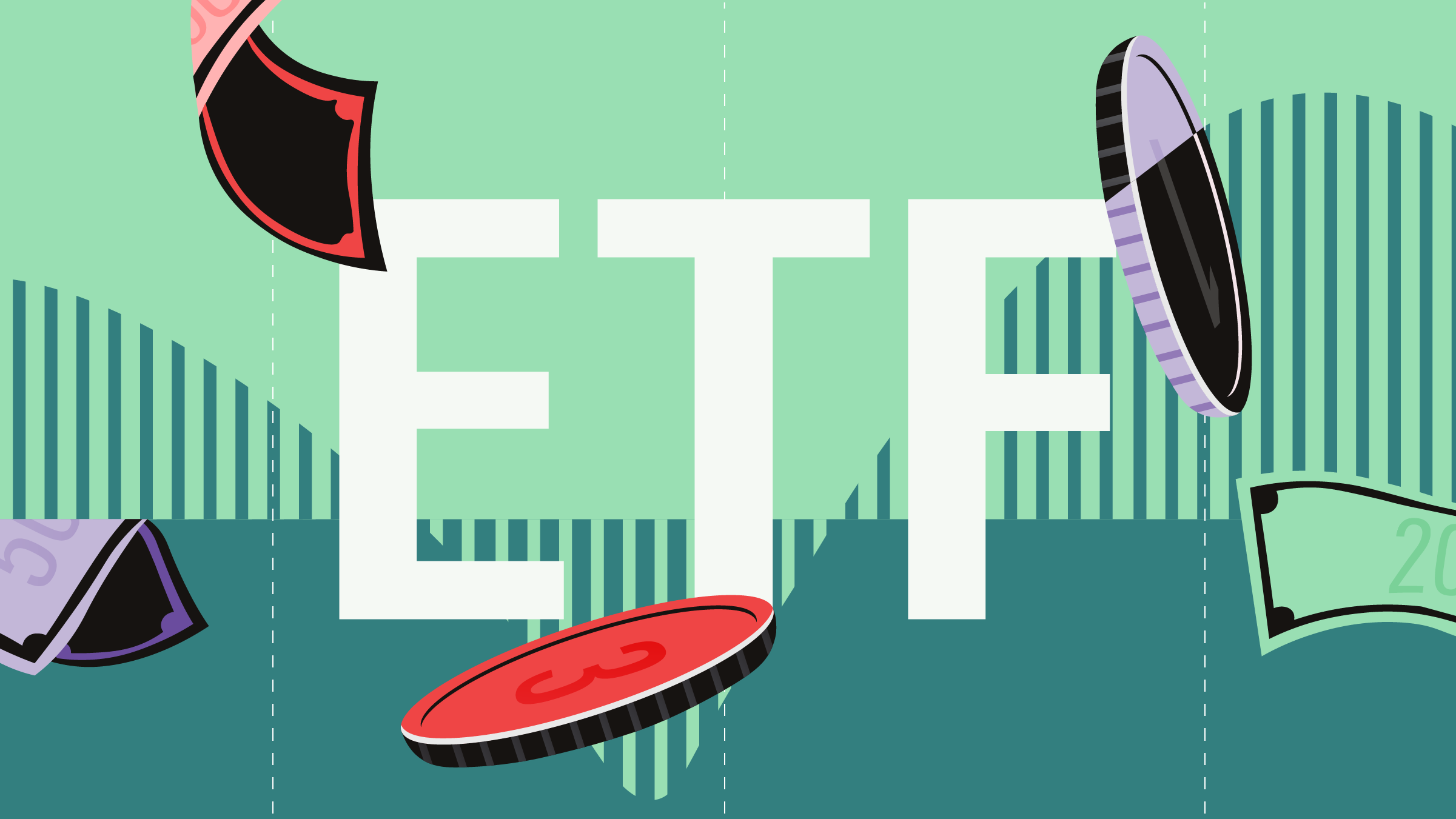Jeff Bunce: For Morningstar.ca, I'm Jeff Bunce. Canadian real estate investment trusts, or REITs, have become a popular investment over the past few years for their diversification benefits within a total portfolio and for the relatively high income they produce. Indeed, REITs have a low correlation with Canadian fixed income and are a complement to global stocks as well. The bigger draw, however, may be from their yield. With a payout of around 5% to 6%, REITs offer a large premium over the less than 2% an investor can get right now in investment-grade fixed income.
For investors looking for exposure to Canadian REITs, ETFs are an efficient way to buy a basket of them at a relatively low cost. The iShares S&P/TSX Capped REIT ETF is the largest REIT ETF in Canada, with assets of over $1.2 billion. But having the most assets doesn't mean it's the best alternative. This ETF follows a market cap-weighted index methodology, which is laden with single security concentration risk. The top five holdings represent almost 60% of the fund, and top holding RioCan is itself a 19% weight. The ETF caps individual security weights at about 25%, but that's still a lot to have invested in any one name. Given the concentration, this ETF receives a Neutral Morningstar analyst rating.
The BMO Equal Weight REITs ETF directly addresses the single security concentration risk present in the iShares ETF by, as its name implies, equally weighting the portfolio holdings. The BMO ETF currently has 18 holdings, each with a weight of around 5% to 6%. This results in a much more balanced portfolio, but it does lead to bigger weights in smaller companies, so the BMO ETF maybe more volatile than the market cap-weighted iShares alternative. Overall, we prefer BMO's equally-weighted methodology and assign the BMO Equal Weight REITs ETF a Morningstar analyst rating of Bronze.

















